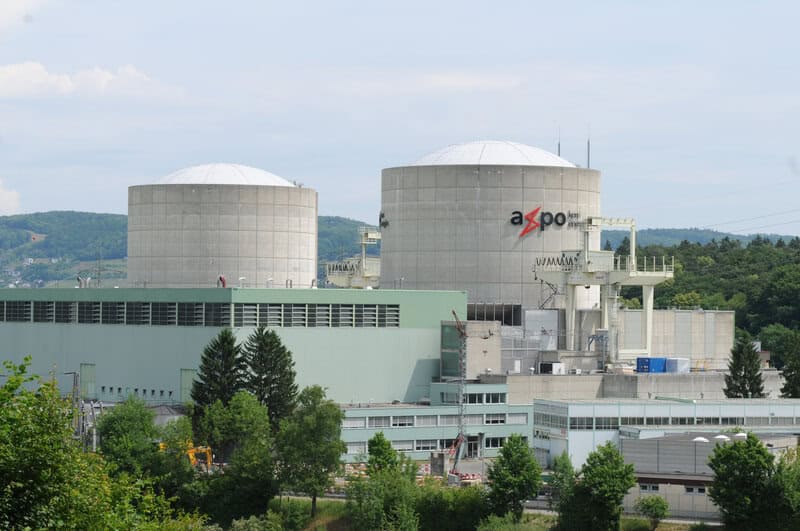Switzerland’s Beznau nuclear power plant, the oldest in the country, has shut down both its reactors due to rising river temperatures, reported SRF. The plant, located in the canton of Aargau, relies on the nearby Aare river for cooling. With the river’s water already warm, further discharge from the facility risked breaching environmental limits.
Axpo, the utility that operates Beznau, began by shutting down one reactor on Tuesday, followed by the second on Wednesday evening. The move, coordinated with the Federal Electricity Commission (Elcom), the nuclear watchdog Ensi, and the national grid operator Swissgrid, aims to protect the river’s ecosystem. Regulations stipulate that the Aare must not exceed 25°C after receiving discharged cooling water. Should that threshold be surpassed for more than three consecutive days, operators are obliged to suspend activity.
The temporary halt, officials say, poses no threat to electricity supply or grid stability. Taking Beznau offline temporarily, even in winter, does not risk overall grid stability, according to Elcom president Werner Luginbühl.
A 2019 interim order from the Federal Office of Energy made the 25°C ceiling legally binding for Beznau, after the scorching summer of 2018 saw river temperatures repeatedly exceed the limit. Axpo has since applied for a potential revision to its discharge permit, though approval remains pending.
Not all Swiss nuclear plants are exposed to this operational restriction. Gösgen and Leibstadt, two other nuclear plants, are equipped with cooling towers that allow excess heat to be vented into the atmosphere rather than into rivers.
Ensi, the nuclear regulator, insists that hot weather poses no threat to nuclear safety—only to aquatic life.
More on this:
SRF article (in German)
For more stories like this on Switzerland follow us on Facebook and Twitter.
